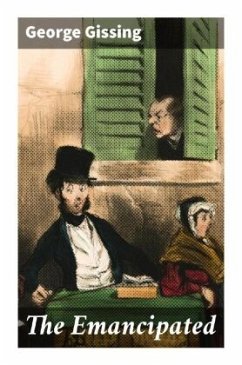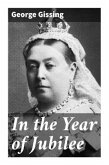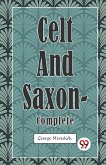In "The Emancipated," George Gissing explores the intricate lives of women navigating the socio-economic constraints of late Victorian England. This poignant narrative examines themes of gender, freedom, and social reform through the eyes of its female protagonists, particularly the character of the strong-willed, individualistic protagonist, Vera. Gissing employs a naturalistic literary style, merging psychological depth with a keen observation of the historical context, illuminating the struggles faced by women as they seek autonomy in a patriarchal society. The novel's intricate characterizations and moral dilemmas reflect the broader discourses of the time regarding women's rights and social progress. George Gissing's own life experiences profoundly influenced his writing. As a keen observer of society, having faced personal hardships, including poverty and marital struggles, Gissing developed a deep empathy for the marginalized, especially women. His academic background, combined with a lifelong commitment to championing social reform, fueled his desire to depict authentic, complex female characters fighting against societal expectations and limitations in "The Emancipated." This novel is recommended for readers interested in Victorian literature, women's studies, and the social history of the period. Gissing's nuanced portrayal of female emancipation provides valuable insights into the evolving perceptions of gender roles, making it a significant work that resonates with contemporary discussions on autonomy and equality.
Bitte wählen Sie Ihr Anliegen aus.
Rechnungen
Retourenschein anfordern
Bestellstatus
Storno








